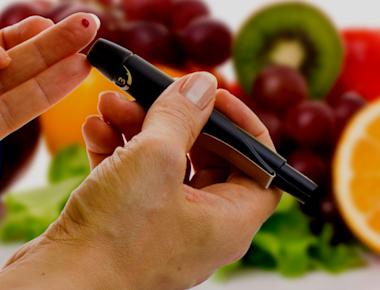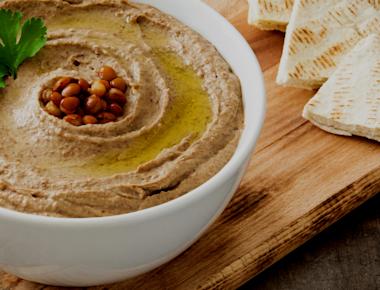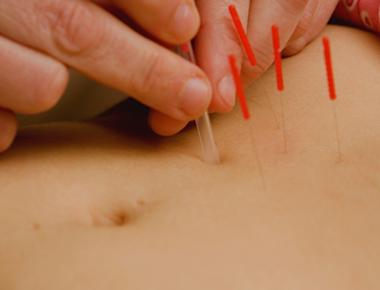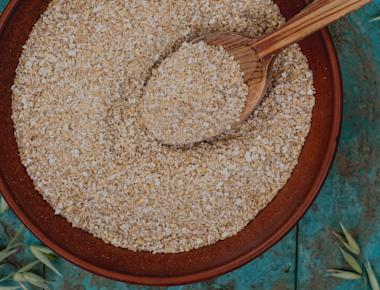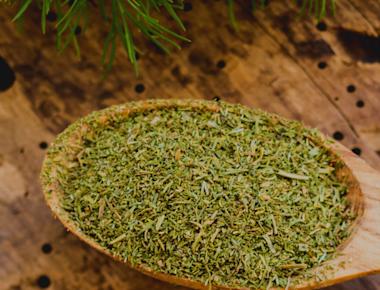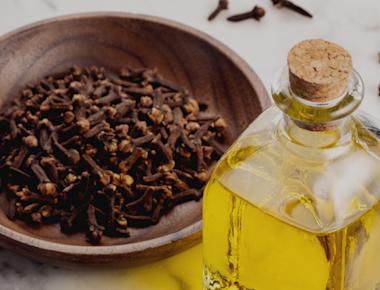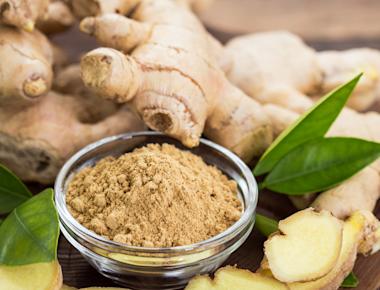

Table Of Contents
Type 2 Diabetes Mellitus
T2DM is a challenge for health professionals, researchers, and people with the disease. Factors such as clinical inertia and lack of adherence to the prescribed therapeutic regimen make it difficult to treat T2DM.
This has led to increased interest in research involving alternative and complementary practices. People are interested in using natural products, the high price of private medical assistance, and the attempt to mitigate complications related to chronic diseases like T2DM.
Ginger as a possible treatment for Type 2 Diabetes
Ginger is a promising adjuvant for the treatment of T2DM because it helps regulate lipid metabolism, improve anti-inflammatory activities, and modulate insulin release and response.
Ginger may help decrease blood sugar and lipid levels in people with type 2 diabetes. However, more research is needed to know for sure.
The Study on taking 1.2 grams of Ginger for 90 days
103 individuals took part in a study to see if ginger would help lower their blood sugar, lipids, and HOMA-IR. 47 people in the experimental group took 1.2 grams of ginger every day for 90 days, and 56 people in the control group took a placebo. The study found that the ginger group reduced fasting blood sugar and HbA1c levels.
The Result of the Study
The study showed that ginger effectively reduced blood sugar and cholesterol levels in people with type 2 diabetes, compared to a placebo. The decrease in LDL cholesterol levels was greater in people who took ginger than in those who didn’t, but this difference wasn’t statistically significant. Several other studies have also shown that ginger can help reduce blood sugar and cholesterol levels in people with type 2 diabetes.
The Conclusion
In conclusion, ginger can help to lower blood sugar, cholesterol, and bad cholesterol levels in people with type 2 diabetes. However, more research is needed to explore the effects of ginger on different metabolic variables and determine if ginger is a cost-effective treatment for type 2 diabetes.
Reference
Health Enthusiast
Expertise
Subscribe to our newsletter!
Quick Links
Legal Stuff



